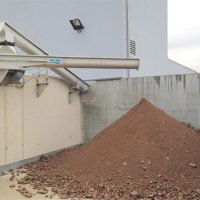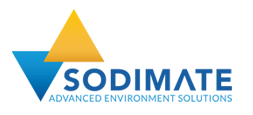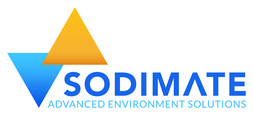
COVID-19 epidemic: Disinfection of Sewage Sludge Using Lime Stabilization Before Spreading

Should we be alerted to the agricultural spreading of sludge from wastewater treatment plants that could contain or even spread the SARS-CoV-2 virus?
The French National Health Security Agency (ANSES), urged at the beginning of April not to spread sewage sludge produced during the epidemic without prior disinfection.
Currently in France, the production of sludge from wastewater treatment plants (WWTP) is over 1 million tonnes of dry product. More than 70% of this sludge is used in agriculture, with the aim of supplying the soil with organic matter and nutrients such as nitrogen and phosphorus.
ANSES supports that the current disinfection and stabilization treatments guarantee the safety of the sludge while keeping its effectiveness, especially for the sludge liming process of sludge or after dewatering.
“In France the agricultural use of sludge from WWTPs is regulated by a decree from 8 January 1998, which precisely sets out the requirements to be met for a sludge to be considered disinfected.
As data on the removal of SARS-CoV-2 from sludge and effluents are still very patchy, NHSA based its analysis on knowledge of other viruses. This includes enteroviruses, phages and animal coronaviruses, to estimate the resistance of the virus in sludge and against applied treatments.
The government agency analysed the main factors underlying the efficiency of the disinfection and stabilisation processes: time (for all processes), heating processes or those increasing the temperature (digestion or composting of organic matter using bacteria, liming with quicklime) and pH modification for liming. “ (ANSES, 2020)
SODIMATE supplies a wide range of equipment to perform the disinfection of sewage sludge with quicklime or hydrated lime.











